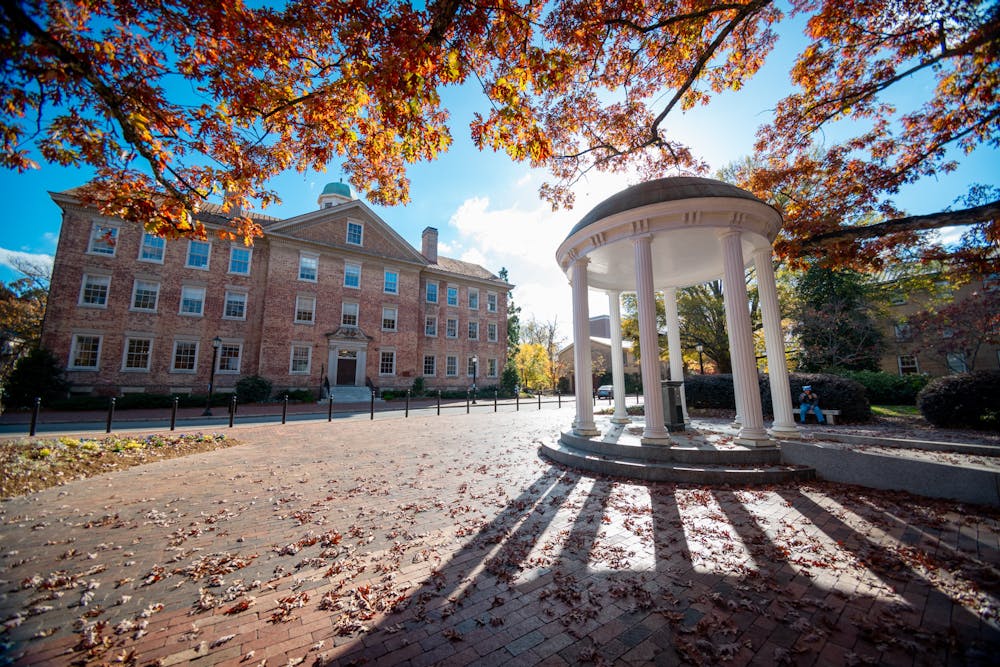On May 15, the UNC System Board of Governors will consider changing the System's policy on diversity and inclusion. Section IX of the proposed policy change discusses exceptions for student-led organizations, as long as those groups do not violate Section VII, which mandates employing subdivisions of the University maintain institutional neutrality.
Despite this, some student leaders have expressed confusion and concern for the future of D&I-related positions, events, organizations and initiatives.
Who has to comply?
Several large student-led organizations on campus are classified as University Sponsored Organizations. Last updated in 2020, these groups include the Executive Branch of Undergraduate Student Government, the Undergraduate Senate, the Residence Hall Association and the Graduate and Professional Student Government, among other groups.
Different from registered student organizations, University Sponsored Organizations have the authority to act as an agent of the University in certain circumstances. Due to this, those organizations may be subject to the broader implications of a potential policy change, Matthew Tweden, speaker of the Undergraduate Senate, said.
Institutional neutrality — the doctrine regulating when student-led organizations are exempt from the diversity and inclusion changes — is the idea that colleges and universities should not, as institutions, take positions on social and political issues.
"There's this question that's being raised as to whether certain forms of speech in your University capacity can violate the standard of institutional neutrality," Tweden said. "And we'll need more guidance to better understand what restrictions, if any, that imposes on these organizations."
According to a statement from UNC Media Relations, undergraduate student fees for this academic year included $394 for student activity fees, $49 of which was earmarked for student organizations. For graduate students, about $372 in student activity fees included $39 for student organizations. The Undergraduate Senate and the Graduate and Professional Student Government are responsible for the allocation of student fees to registered student organizations.
Student organizations funded by the Undergraduate Senate include some multicultural Greek Council fraternities and sororities, religious groups and affinity groups like the Black Student Movement and the Arab Student Association. In maintaining institutional neutrality, Tweden said, the Senate must evaluate organizations that apply for funding based on objective aspects like the size of the group and the number of people who will benefit from the funding.




